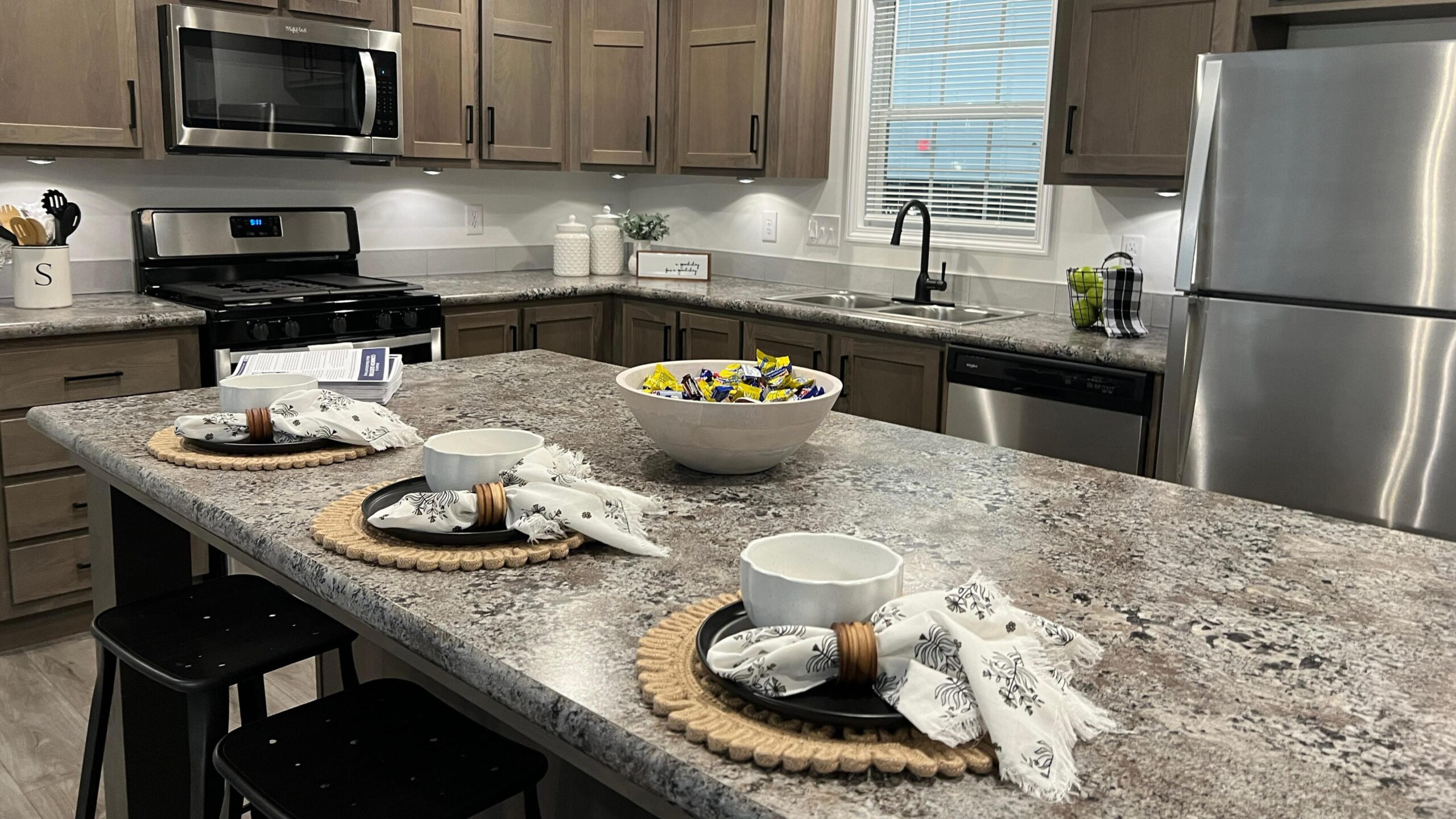
Insurance is a must-have for protecting against many of life’s unexpected circumstances. People buy auto insurance to protect their vehicles, health insurance to protect their bodies and minds, and business insurance to protect their businesses. Getting mobile home insurance is just as important, as it protects your investment in a safe and livable manufactured home.
In this guide, we’ll talk about the basics of mobile home insurance that you need to know. From coverage to cost to options, here are the essential facts—plus an easy way to get a better rate on your mobile home insurance policy.
What Does Mobile Home Insurance Cover?
Mobile and manufactured homes often fall into the same spectrum of personal property as boats and RVs. This creates an incongruity between the way that site-built homes and manufactured homes are insured. Mobile homes are evaluated differently from site-built homes. Land ownership typically is separate from the actual home.
There are a number of advantages to buying and insuring a mobile home. However, depending on where and how your home is situated, you’ll need to consider varying forms of coverage.
A typical mobile home insurance policy will cover all of the following:
- Physical Damage: Covers home repairs if your manufactured home is damaged by physical events such as natural disasters, fire, vandalism, wild animals or burst pipes.

- Personal Property: Covers the cost of replacing your personal property (such as appliances, furniture, electronics, clothes and tools) if it’s stolen or damaged.
- Liability: Covers your liabilities if someone sues you after being injured on your property, or if something on your property causes damage to someone else’s (such as a tree falling on another home in your mobile home community).
- Loss of Use: Covers your extra temporary living expenses (such as fuel and hotel stays) if your manufactured home suffers an event that makes it uninhabitable.
Should any of these events occur, the policyholder can file a claim with their insurance company and receive funds that will help them recover. Some mobile home insurance policies may provide additional coverage options, such as coverage for moving your mobile home.
If you rent your mobile home, consider a mobile home renters insurance policy. This will help protect your possessions in the event that they’re damaged by fire, floods or other circumstances, and it will cover loss of use expenses in the event that your home becomes uninhabitable (such as a fire).
How Much Does Mobile Home Insurance Cost?
The cost of mobile home insurance can vary widely. Typical policies can range all the way from $250 to $1,300 per year. The most important factors in determining cost are:
- Coverage Limit: Your policy will have coverage limits that place a cap on how much the insurance company will pay for your claim. Policies with higher limits will have higher premiums. Before you buy a policy, make sure you calculate the approximate replacement value of your manufactured home and possessions to ensure that your coverage is sufficient.
- Deductible: The deductible is how much you must pay out of pocket for covered expenses before your insurance will pay. Policies with a higher deductible will be less expensive, but may leave you less protected from financial hardship.
- ZIP Code: Mobile home insurance premiums may be more or less costly depending on your geographic region.

The best way to get a more affordable rate on mobile home insurance is to compare various insurance providers and shop around for the lowest quote. To do that, you’ll need to understand your options for finding a mobile home insurance policy.
Where Can I Get a Mobile Home Insurance Policy?
Many large insurance companies offer mobile home insurance policies (although not all do). If you already have vehicle or business insurance, an easy first step is contacting your current insurer to see if they offer mobile home insurance policies. If they do, get a premium quote, but don’t let it discourage you from shopping around for a better rate.
In addition to cost, you should consider these factors when evaluating an insurance provider:
- How user-friendly the insurer’s website and app are
- Whether the insurer’s customer service is friendly and responsive
- Whether the insurer offers any specialized coverage types that you need














